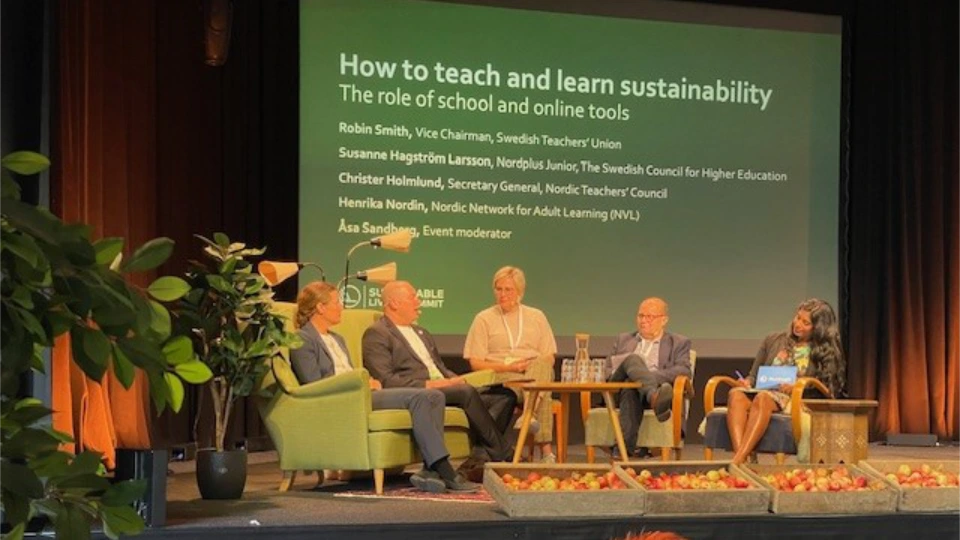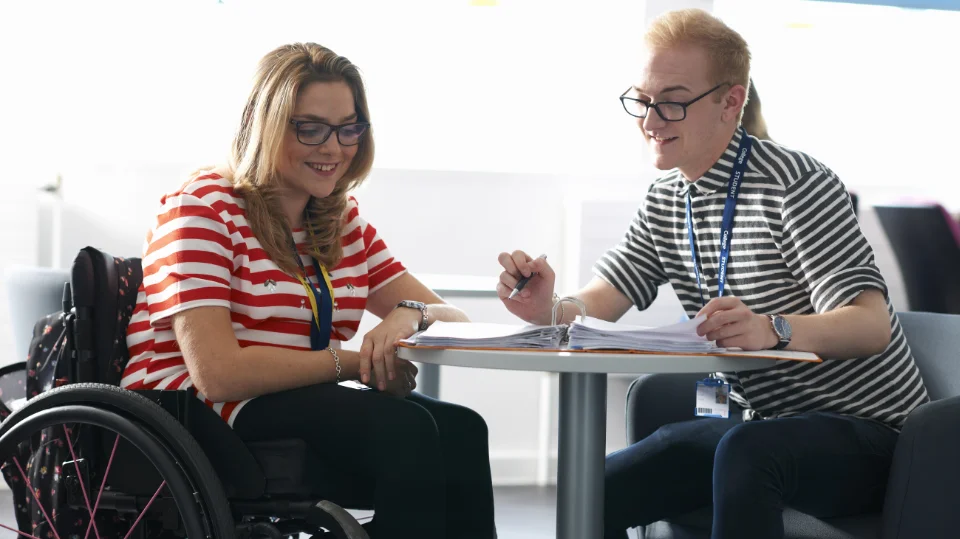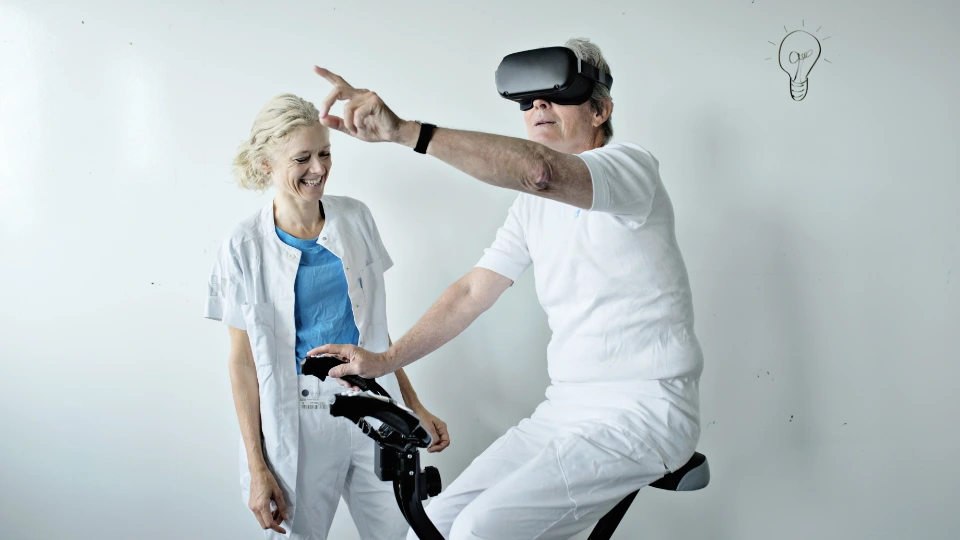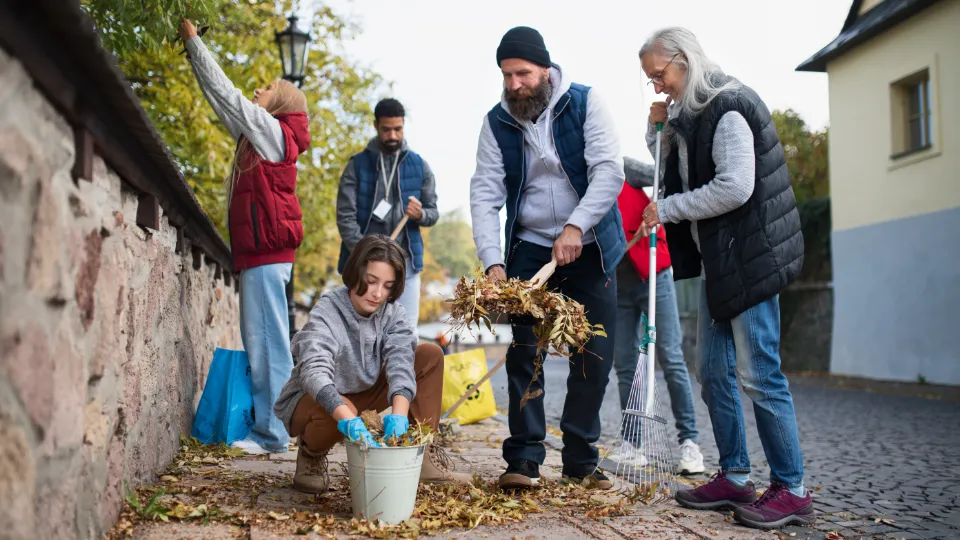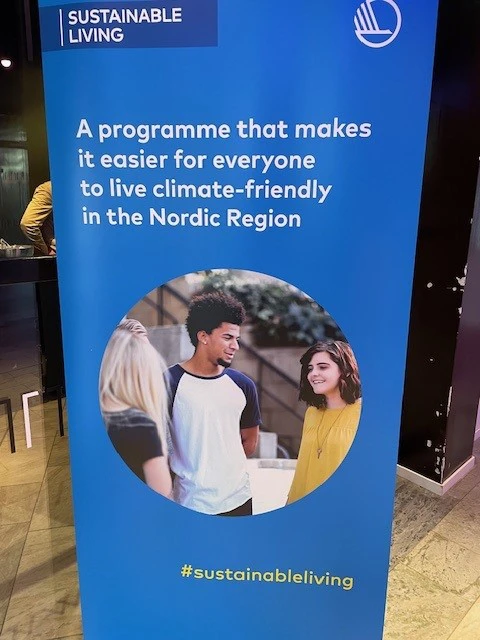
Nordic Sustainable Living Programme is a cross-sectoral programme consisting of six projects, that aim to simplify living in a climate-friendly way, provide concrete guidelines and tools, and inspire behavioural and cultural changes.
Nordic Pilot project ”Development of Educational Models for Sustainable Lifestyles” provides an educational contribution to the social change of lifestyles and cultures from the individual to the systemic level. It contributes to creating a holistic and sustainable organization that involves all stakeholders: leaders, teachers, and students/participants.
At the summit, the programme showcased solutions, policies, and hands-on inspiration for how to contribute to sustainable lifestyles. A key message was:
- Sustainable living can be easy – if we work holistically and across sectors to enable the change.
However, as of now, emissions are going down too slowly. A research panel called for stronger focus on dismantling the policies that increase emissions, more policies focus on consumer-based emissions and faster implementation of the EU sustainable product regulation.
Henrika Nordin from the NVL network for sustainable development took part in the education panel alongside colleagues, representing the interests of teachers and the sector for higher education. The panel stressed that the whole society approach to sustainability issues is crucial and that organisations within the educational sector should not be the only change-makers.
Yet, educational organisations have an important role to play. Educators together with students and other stakeholders can co-create new insights and work towards the cultural grounding of sustainability within an organisation. Henrika Nordin presented key findings from the Nordic Pilot project and recommendations concerning the central role of educators for promoting sustainable lifestyles. The project recommends to:
- Facilitate organizational changes that reduce control and provide space for pedagogical innovations, as well as continuous professional development, both practice-based and research-based.
- Encourage a continued shift in the role of the educator, from the traditionally all-knowing figure to a co-learning facilitator in a rapidly evolving world, thereby creating more dynamic and collaborative learning environments.
The project was conducted as a learning circle, representing adult learning organisations in four Nordic countries: Denmark, Faroe Islands, Finland, and Sweden.
